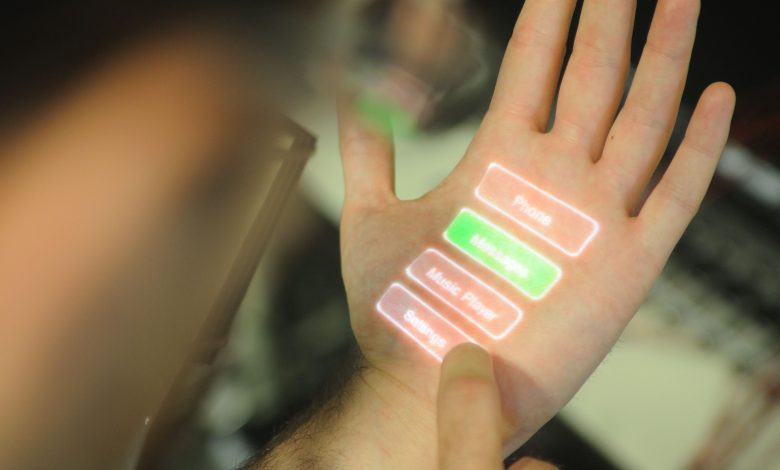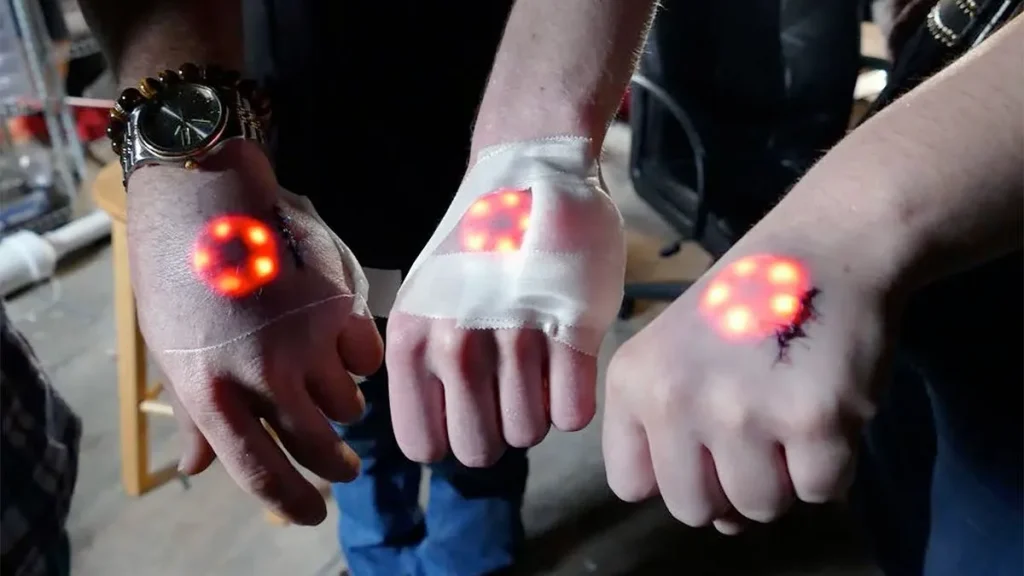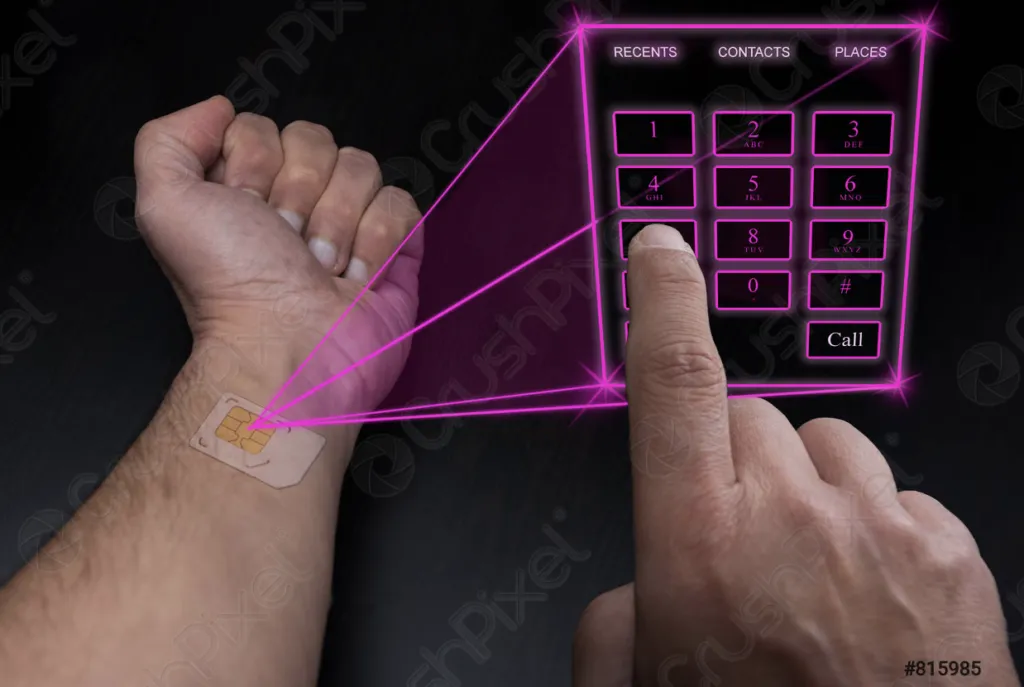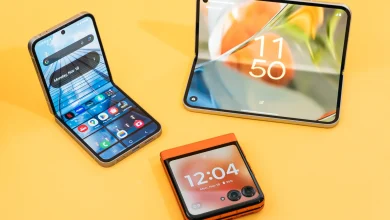
Could Your Next Smartphone Be Implanted in Your Body?
As implantable smartphones edge closer to reality, experts debate the benefits, ethics, and risks of merging phones with our bodies.
Smartphones have come a long way—from bulky bricks to sleek touchscreens. Now, the next leap might be the most radical yet: implantable smartphones. Instead of carrying your phone in your pocket, you’d have its functions built right into your body. Wild, right? But this isn’t just sci-fi anymore. Experts and futurists believe we could see basic versions of this tech within the next few decades.
The idea is that tiny devices, possibly implanted behind the ear or in the palm, could handle calls, texts, and even display visual data through smart contact lenses. Voice assistants and neural interfaces would let you interact with your device using just thoughts or subtle gestures. Convenience? Unmatched. But not everyone is sold on it yet.
Who’s Leading the Push Toward Implants?
Tech visionaries like Elon Musk are already making noise with projects like Neuralink, which aims to create brain-computer interfaces. While it’s not exactly a implantable smartphone, it’s close—and it shows just how serious big players are about integrating tech with biology. Similarly, research into smart glasses, brainwave sensors, and embedded chips in medical tech lays the groundwork for future implants.
Companies are also looking into energy solutions, like harvesting power from body heat or movement. That could eliminate the need for charging cables—something even regular smartphones haven’t solved perfectly. So yeah, implantable smartphones are becoming more technically possible every year.

The Big Questions: Safety, Privacy, and Ethics
As cool as it sounds, turning your body into a smartphone raises some serious concerns. First up: safety. What happens if the implant malfunctions or becomes obsolete? Surgery to upgrade your phone every few years doesn’t sound fun. And then there’s the issue of hacking. If a regular phone can be breached, imagine the risks of having your personal data—or worse, your brain signals—exposed to cyber threats.
Privacy is another minefield. Would companies be allowed to track your physical responses, eye movements, or even thoughts? The more powerful implantable smartphones become, the blurrier the line gets between tool and surveillance device. It’s a future that needs strong regulation and clear ethical guidelines before becoming reality.

So, Will We All Be “Wearing” Our Phones Soon?
It’s likely that implantable smartphones will start with niche use cases—like accessibility for people with disabilities, or military and medical applications. Over time, as the technology matures and becomes less invasive, it could trickle into the consumer market. Think of it like how smartphones replaced flip phones: slowly, then all at once.
Still, most experts agree we’re not quite ready for full adoption. There’s a long way to go in terms of tech, trust, and legal framework. But make no mistake—the idea isn’t as far off as it once seemed. The next time someone asks where your phone is, you might just tap your temple and say, “Right here.”



